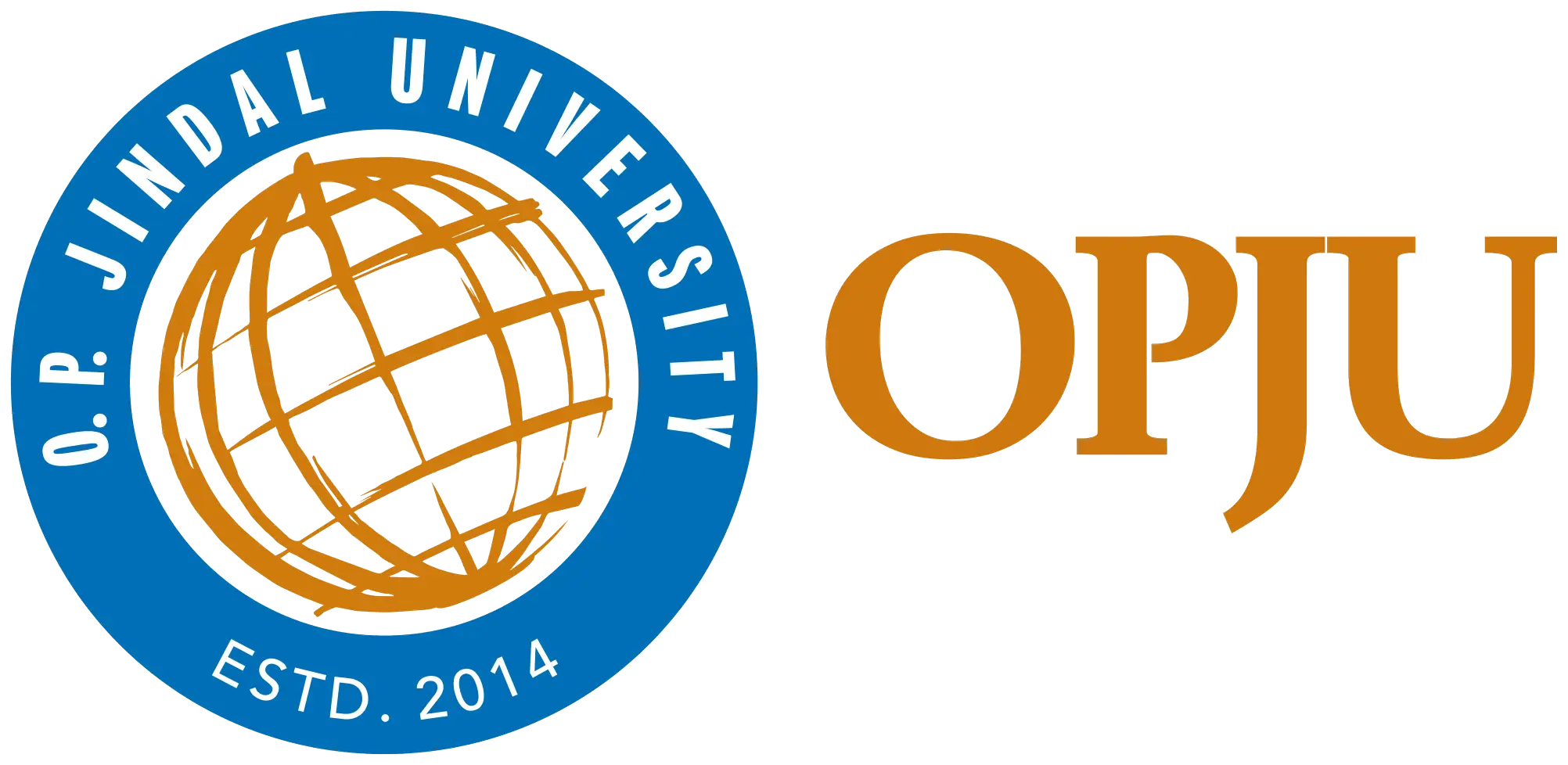PO-1: Engineering Knowledge
Apply knowledge of mathematics, natural science, computing, engineering fundamentals and an engineering specialization as specified in WK1 to WK4 respectively to develop solutions to complex engineering problems.
PO-2: Problem Analysis
Identify, formulate, review research literature and analyze complex engineering problems reaching substantiated conclusions with consideration for sustainable development. (WK1 to WK4)
PO-3: Design/Development of Solutions
Design creative solutions for complex engineering problems and design/develop systems, components or processes to meet identified needs with consideration for public health and safety, whole-life cost, net zero carbon, culture, society and environment as required. (WK5)
PO-4: Conduct Investigations of Complex Problems
onduct investigations using research-based knowledge including design of experiments, modelling, analysis, and interpretation of data to provide valid conclusions. (WK8)
PO-5: Engineering Tool Usage
Create, select and apply appropriate techniques, resources and modern engineering & IT tools, including prediction and modelling, recognizing their limitations to solve complex engineering problems. (WK2 and WK6)
PO-6: The Engineer and The World:
Analyze and evaluate societal and environmental aspects while solving complex engineering problems for their impact on sustainability with reference to economy, health, safety, legal framework, culture and environment. (WK1, WK5, and WK7)
PO-7: Ethics
Apply ethical principles and commit to professional ethics, human values, diversity and inclusion; adhere to national & international laws. (WK9)
PO-8: Individual and Collaborative Team Work: Function effectively as an individual, and as a member or leader in diverse/multi-disciplinary teams.
PO-8: Individual and Collaborative Team Work
Function effectively as an individual, and as a member or leader in diverse/multi-disciplinary teams.
PO-9: Communication
Communicate effectively and inclusively within the engineering community and society at large, such as being able to comprehend and write effective reports and design documentation, and make effective presentations considering cultural, language, and learning differences.
PO-10: Project Management and Finance
Apply knowledge and understanding of engineering management principles and economic decision-making to one’s own work, as a member and leader in a team, and to manage projects in multidisciplinary environments.
PO-11: Life-Long Learning
Recognize the need for, and have the preparation and ability for:
i) independent and life-long learning
ii) adaptability to new and emerging technologies
iii) critical thinking in the broadest context of technological change. (WK8)




